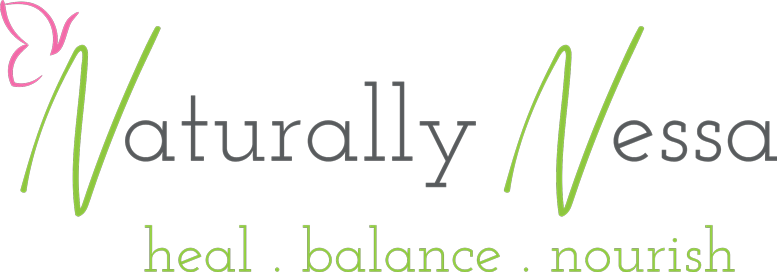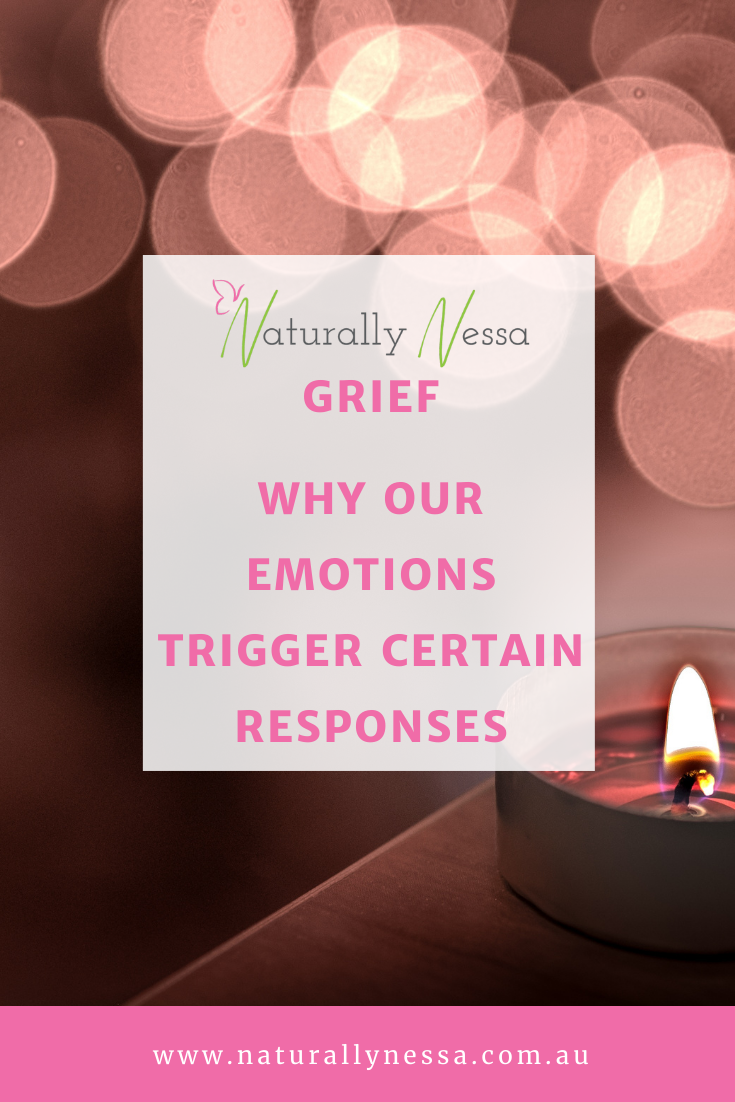Grief - Why Our Emotions Trigger Certain Responses
I’ve been drawn for some time now to bring awareness to how we as a society discuss or perhaps I should say, DON’T discuss grief and loss.
Grief affects us all in different ways and it's time we put aside the guilt and self-blame and open up, so those who are suffering feel acknowledged and know that we are here to support them.
Well, last Sunday reality hit that I have been surrounded with a significant amount of loss and grief during the last 4 weeks. And just by bringing that awareness into the present moment, my emotions shifted to allow the human part of me to mourn my loss.
My soul is always guiding me to shine a light for others and this weekend was a time for me to do exactly that for myself.
Over the last 4 weekends, I have had to, put down my dog of 15 years, celebrate another one of my mother’s birthdays since she passed, auction off her home, reminisce upon another year since my father passed, and farewell the most amazing Uncle from this earth. Every emotion was swirling through my body and truthfully still is.
As I look back over the last few weeks, I can see how I have allowed my soul to guide me by continuing to see the beauty of each of these precious souls and being grateful for them in my life. Because of the tools and techniques, I have accumulated over the years, I have come through the weeks seeing the blessings that surround me.
Now, I’m usually the first one to talk about how grief affects us in different ways and how we need to sit with our emotions, and by Sunday the overwhelming human feeling of the loss of my parents, my uncle and my puppy had come bubbling to the surface.
You may not be aware but there are many types of grief as well as many different stages of grief.
I’d like to share with you a glimpse into why our emotions and memories trigger these responses.
After all, you would think after 9 and 3 years of my parents' passing that my grief and loss wouldn’t affect me, but through losing my dog and sitting by her side during her last hours, all my body's cellular memory had been triggered and activated.
And this is why I speak so openly about it. Grief affects us all differently and our body can hold onto even the tiniest pieces for years.
5 STAGES OF GRIEVING
We don’t necessarily go through all these stages nor do we go through them in a linear fashion. Our emotions are unique to us all, so of course, our grief and reactions will also be unique.
Below I’ve chosen some self talk to help you relate to how these stages play out in our lives.
DENIAL
“It’s not true, you must be wrong. This can’t be happening.”
It’s a normal reaction to rationalise overwhelming emotions. It is a defence mechanism that buffers the immediate shock of the loss. It’s our Mind and our Nervous System trying to protect us.
When you look at denial through a softer lens, there’s a certain grace in denial.
It’s nature’s way of letting in only as much as we can handle at one time.
As we accept the reality of the loss and start to ask ourselves questions, we are unknowingly beginning the healing process.
As we start to open up to our loss, the denial stage begins to fade. However, if we try to bypass this stage, all the feelings we were denying will begin to surface.
So allow the gravity of your loss to be fully met.
Sitting with your sadness is necessary.
ANGER
“I hate my life! I don’t want to talk to anyone! Don’t come near me!”
This stage is where we search for blame, feel intense guilt, and lash out at anyone.
As the numbing effects of denial begin to wear off, the pain of loss starts to firmly take hold.
But you may still not be ready to deal with the reality of the situation, so you express your intense pain as anger.
Your anger may be directed at your dying or deceased loved one, your friends and family, the doctors, life and even yourself.
Loved ones and friends are often taken back by these feelings because they surface just as you begin to function at a basic level again.
Anger is a necessary stage of the healing process. Be willing to feel your anger, even though it may seem endless.
The more you truly feel it, the more it will begin to dissipate and the more you will heal.
BARGAINING
“I would give anything if I could change this. What if…… I promise I’ll do better if ……...”
The bargaining stage serves an important purpose. It provides us with a temporary escape from our pain, which gives us time to adjust to the reality of the situation.
Typically, when we bargain, we’re trying to gain back control of something that we had no control over in the first place. We’re vulnerable, hurting, and trying to reverse the outcome.
The best thing to do is allow yourself to feel and work through the bargaining. There are a million things each of us could have done differently in our pasts to improve ourselves, our lives, our journeys, etc. But the past is the past. We cannot change it. We cannot bring back those that are lost. The best thing to do is remember them with love in our hearts and smiles on our faces.
When we accept that the outcome is out of our control it brings us closer to accepting that this is how our life will now be.
DEPRESSION
“I would rather stay in my room than go out. I don’t feel like doing anything today.”
Depression may occur when reality really sinks in. Intense sadness, decreased sleep, reduced appetite, and loss of motivation are common.
Empty feelings present themselves, and grief enters our lives on a deeper level, deeper than we ever imagined.
It’s important to understand that this depression is not a sign of mental illness. It is the appropriate response to a great loss.
As with many healing stages, acting as the observer and sitting with your depression (as if it were a person beside you) can help you to see it as a separate part of you, rather than all-consuming.
Sit with it, without looking for a way to escape.
Allow the sadness and emptiness to cleanse you and help you explore your loss in its entirety.
When you allow yourself to experience depression, it will leave as soon as it has served its purpose in your loss.
As you grow stronger, it may return from time to time, but that is how grief works.
ACCEPTANCE
“I accept that this is out of my hands and there is nothing I can do about it. I chose to spend more time with my loved ones from now on and make each moment count.”
When we go through this stage we accept the reality of our loss and the fact that nothing can change that reality.
Acceptance does NOT mean that we are “okay” with our loss, it just means that we can sit with it now.
Most people don’t ever feel okay or alright about the loss of a loved one.
This stage is about accepting the reality that our loved one is physically gone and recognising that this new reality is the permanent reality.
We will never like this reality or make it okay, but eventually, we accept it.
This is where our final healing and adjustment can take a firm hold despite the fact that healing often looks and feels like an unattainable state.
Acceptance is a process that we experience, not a final stage with an endpoint.
Finding acceptance may be just having more good days than bad.
LIVING WITH YOUR NEW REALITY
We may be able to close our eyes to the things we don’t want to see, but we can’t close our heart to the things we don’t want to feel.
It probably won’t feel like you’re living for quite some time.
So be patient with yourself and don’t expect to reach the acceptance stage of grief quickly. This process may take years.
And we don’t process and navigate through these stages in a linear way, so unfortunately you will probably revisit these stages many times.
We ebb in and out of all these stages periodically.
Keep a gratitude journal and write in it daily.
Make a note of anything that gave you even the briefest moment of relief from your pain.
Live with gratitude in your heart for everything your loved one brought to you.
Love fiercely everyone and everything that is dear to your heart.
Because the one thing that loss reminds us is that nothing lasts forever. So embrace each moment for the blessing that it is.
PIN FOR LATER


